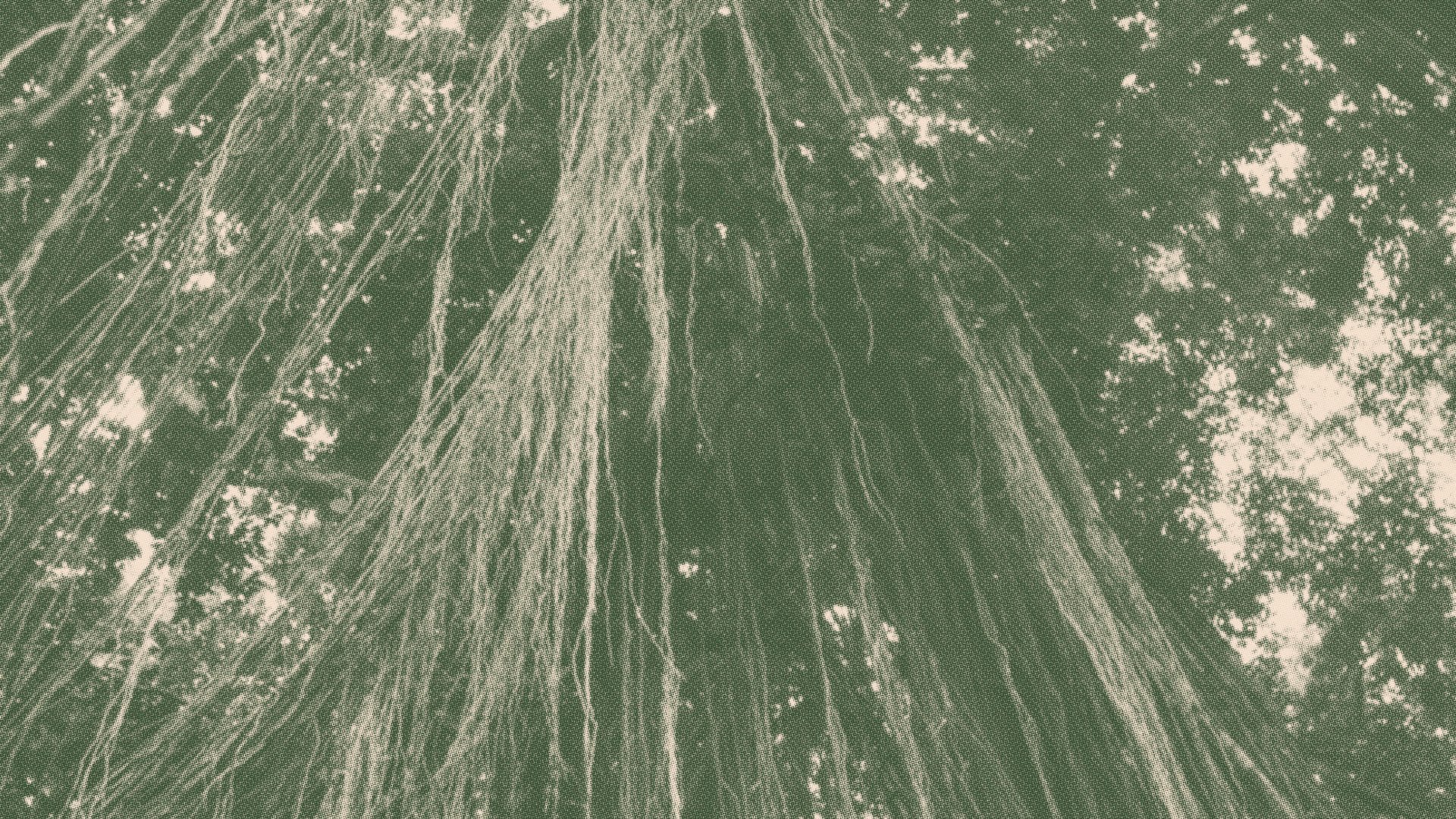The pandemic led to an emphasis on well-being, and a longing to be around nature like never before. All of us then realised how simple life could be during lockdown. We realised that life could go on without a lot of the luxuries we thought were essential to us. Rather, it was about keeping each other safe and sane through the madness of isolation. The world was also really confronted by the fragility of human life. This sentiment rejuvenated a deeper care for the planet we live on and our future generations.
The pandemic and its urgency reminded us of the overused yet over-generalised buzzword ‘sustainability’. This word has become ubiquitous in the conversations of every industry. This past year led us to rediscover its true meaning. For those of us that are trying to be environmentally conscious, how do we sustain good practice over a long period of time and pass on these lessons?
To be able to sustain a minimalistic and ‘green’ lifestyle over a longer period of time, it needs to be developed and regularly practiced by people at an early stage. Future generations can still get access to what is known as ‘green’ education. This access will help spread the knowledge behind sustainable living and how to achieve it.
Green education is not only about learning about the environment and its sciences. It’s more about the disruptive and normalised habits that impact the planet. The scope of the issue implies that educating people about taking positive action should be incorporated into their everyday lives. Sustainable living is not a singular act of effort for one day.
Education on sustainability would be continuously evolving, just like the concept itself.
Every other day we are faced with a new environmental issue that requires our immediate attention. In 2019, Australia went through one such climate emergency, the Bushfire Crisis. This was regarded as one of the biggest wake-up calls to take climate change seriously and was right before we were hit by COVID-19. Clearer skies and brighter stars seemed to be a burgeoning appreciation during lockdown and we should want to keep it this way.
As mentioned earlier, it’s imperative to have the conversation on sustainable practices every day. What’s more, it is now a topic which is crucial in any and every field of study and life in general, be it infrastructure, consumerism, diets, daily hygiene and so much more. This discussion being incorporated in schools and universities with more nuance is important and should be further encouraged.
The curriculum in schools and universities should include updated theory and more practical workshops revolving around sustainability and ‘green’ education. For example, helping students learn more about practices that tackle local and global issues regarding waste, an increasingly disturbing concern and a major source of contamination diseases. Inviting guest lecturers to speak about environmental issues, biodiversity issues, climate justice, and the impacts of such knowledge would build a more holistic understanding of the world and its interdependences. The internet and social media are huge resources for this too; creating content for students to consume in an interesting interactive way can be another way to educate them. Moreover, to help students grasp local and national views on such matters, educational institutions can partner with non-profit organisations where students can volunteer to help them understand which social issue they personally feel passionate about. This involves a lot of personal reflection and aligning our thoughts with others to achieve the collective goal of a healthier and safer planet. Educational institutions should invest in more research and development whereby they allow students to be creative and come up with new ideas for technologies or home practices that help to live a sustainable life. There is an abundance of intelligence and passion amongst young people today and this energy should be nurtured!
This generation is quite aware and quite willing to bring about positive change and it is time that the educational institutes harness this energy so that we can get ourselves down and dirty. It is only the combined effort of individual and community action that will carry local and global equity and fairness into future generations. What one studies and the education they receive can often shape how they approach and envision the world; a simple nudge to where the grass is greener is sometimes all it takes.


 -
-